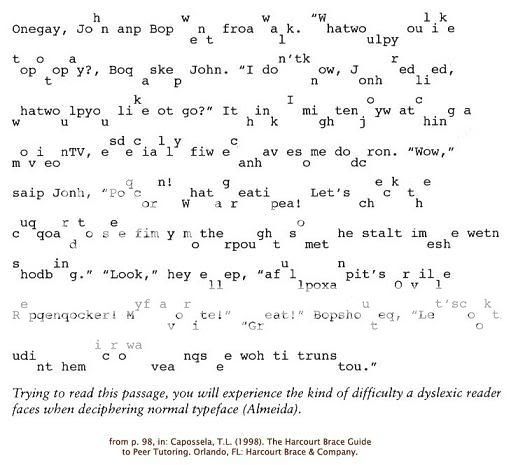I have chosen to concentrate on grades 3 to 5 in the area of ELA. The lesson I chose works on a very complicated part of the English language, homophones. Students many often time struggle with the meaning and spelling of these words. Student will listen/watch a video and be asked to identity the homophones in the video and discuss their meaning. Each student will be given a list of common homophones. Then, they will be put into groups to construct and perform a skit that illustrates a homophone. Their classmates will try to guess that homophone performed. After the group performances are completed they will create a comic strip of their skit. They will be required to create a homophone book.
 |
| Comic Creator |
OH.CC.SL.3. | Speaking and Listening Standards | |
Comprehension and Collaboration
| ||
SL.3.1.
|
Engage effectively in a range of collaborative discussions (one-on-one, in groups, and teacher-led) with diverse partners on grade 3 topics and texts, building on others' ideas and expressing their own clearly.
| |
SL.3.1(a)
|
Come to discussions prepared, having read or studied required material; explicitly draw on that preparation and other information known about the topic to explore ideas under discussion.
| |
SL.3.1(b)
|
Follow agreed-upon rules for discussions (e.g., gaining the floor in respectful ways, listening to others with care, speaking one at a time about the topics and texts under discussion).
| |
SL.3.1(c)
|
Ask questions to check understanding of information presented, stay on topic, and link their comments to the remarks of others.
| |
SL.3.1(d)
|
Explain their own ideas and understanding in light of the discussion.
| |
I anticipate using a modified version of this lesson in the future. I plan on work with small reading intervention groups. The skits may be too complicated in small groups and create more of an attention problem. I really like the comic creator site




